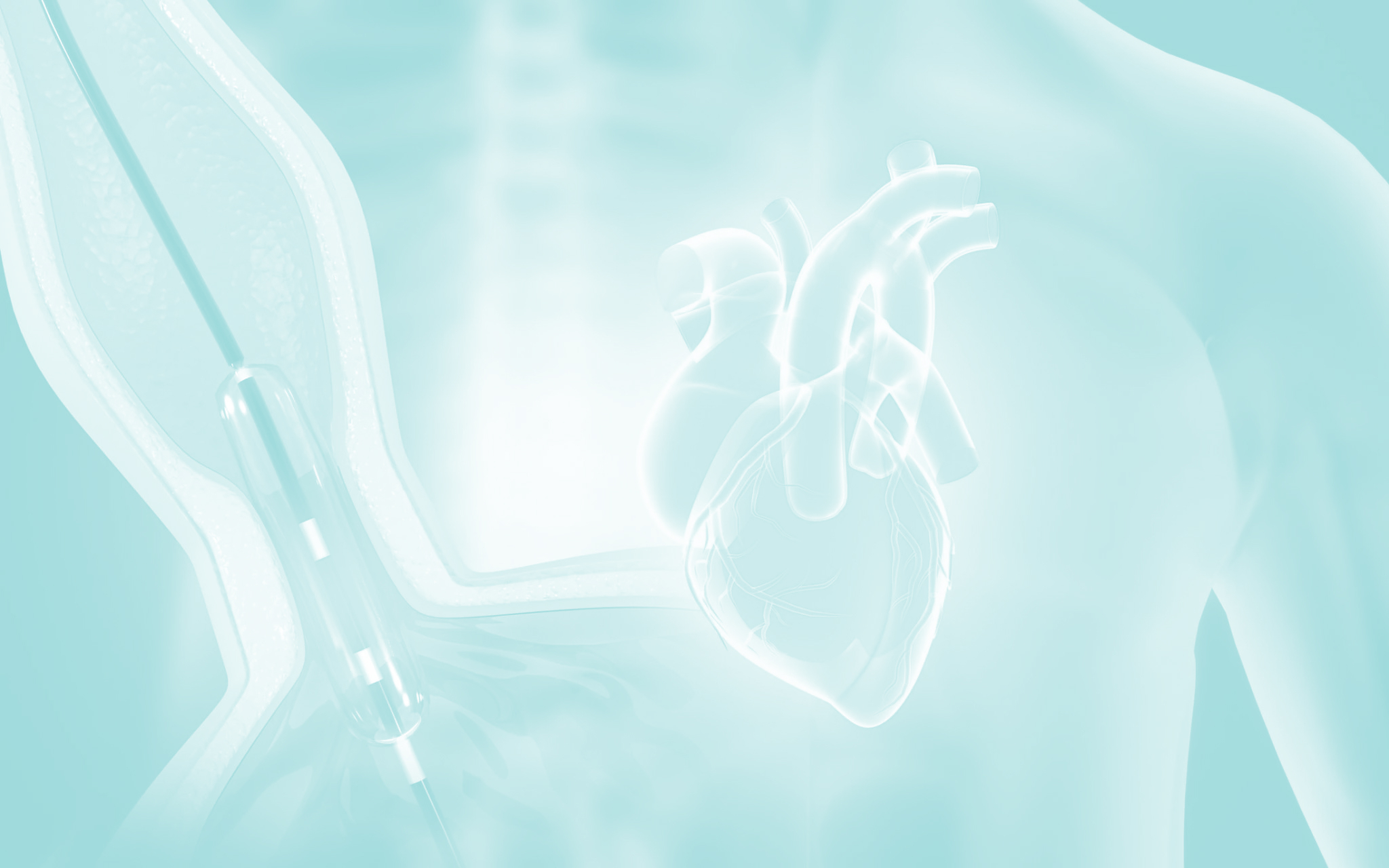The aortic valve is very important to your health because it controls the amount of blood that leaves your heart to be pumped around the body.
Sometimes the valve can narrow due to disease. This means the blood can’ t flow freely from the heart and supply your body. This is called aortic stenosis, and can be a common problem as you get older. If you suffer from aortic stenosis, you may experience chest pain, fainting or shortness of breath.
A valvuloplasty is a procedure that widens the valve using a balloon, allowing blood to flow more easily. The procedure will start with an intravenous line (IV) being put into your arm. An IV is simply a needle with a tube attached. You will receive an injection of local anaesthetic before a catheter (a very fine tube) is placed into a vein in your groin or wrist. Sometimes a sedative will also be given.
The valvuloplasty involves passing a wire through a blood vessel up to your heart until it reaches the aortic valve.
Your doctor will use x-rays to see the wire. Once the wire is in place, a balloon will be passed along the wire and into the damaged valve. The balloon will then be pumped up where the valve is narrowed to widen it and release the blood flow. The balloon may be pumped up several times during the procedure.
Once finished, the wire and balloon will be removed. It should be noted that often the valve is very badly damaged by disease and this procedure will not completely get rid of all the narrowing. It is really designed to provide some short-term relief and is not a long-term cure.
In most cases this temporary repair will last six to twelve months and problems are most like to return within one to three years. Depending on your situation, another procedure may be needed. If you’ve been recommended for this procedure, you are not suitable for heart surgery.
Any kind of procedure carries some element of risk, often very small and rare.
Your doctor has balanced the benefits and risks of carrying out the test against the benefits and risks of not proceeding. If your doctor has recommended this procedure, they believe there is benefit to you going ahead.
It’s important you understand the risks involved so you can make an informed decision.
Here are the most commonly reported risks and complications associated with a percutaneous balloon aortic valvuloplasty.
Common risks and complications (more than 5% of cases)
- Minor bruising at the puncture site
- Abnormal heartbeat lasting several seconds, which settles by itself
- Major bruising and swelling at the groin/arm puncture site
- A stroke—this can cause long term disability
- Death is possible following the procedure or due to the underlying heart condition
Uncommon risks and complications (1-5% of cases)
-
Abnormal heart rhythm that continues for a long time—this may need an electric shock to correct
-
Embolism-a blood clot may form and break off from the catheter which will be treated with blood thinning medication
-
The valve may leak or can be damaged
Rare risks and complications (less than 1% of cases)
- Heart attack
- Loss of kidney function due to the side effects of the x-ray dye
- Infection-this will need antibiotics
- An allergic reaction to the x-ray dye
- A higher lifetime risk from x-ray exposure
- A hole is accidentally made in the heart or heart valve-this will need surgery to repair
- Damage to the nerve in the leg
- Emergency heart surgery due to complications with this procedure
- Skin injury from radiation, causing reddening of the skin

